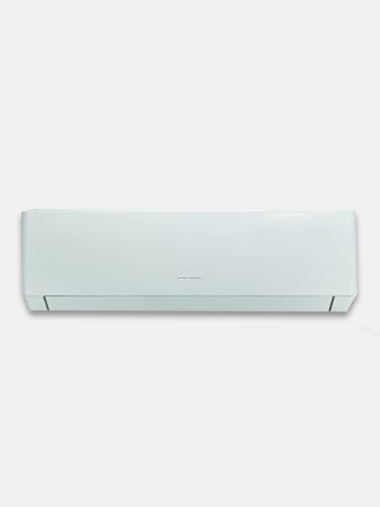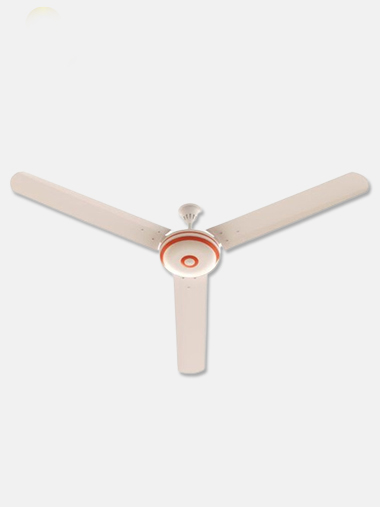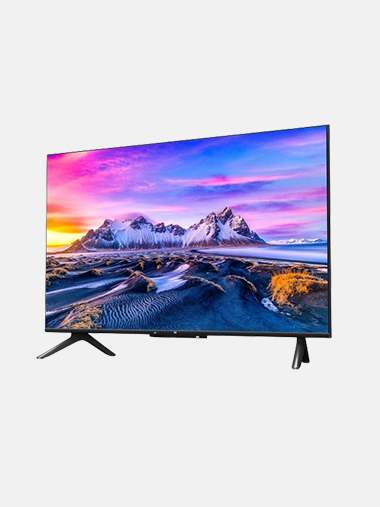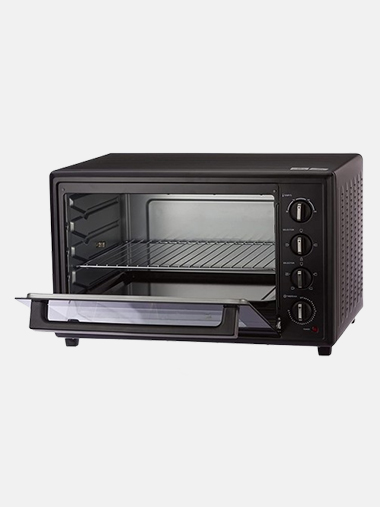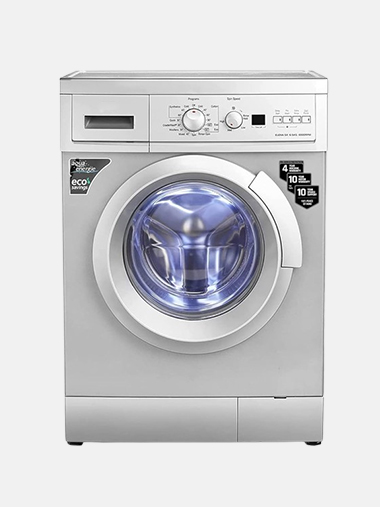1.5 Ton Inverter Air Conditioner
An inverter air conditioner is a type of air conditioning system that uses inverter technology to regulate the compressor motor speed based on the cooling or heating requirements of a room. Traditional air conditioners operate at fixed speeds, turning on and off as needed to maintain the desired temperature, which can result in frequent fluctuations in temperature and energy consumption. Inverter air conditioners, on the other hand, adjust the compressor speed continuously, varying the cooling or heating output to match the exact load requirements.
Energy Efficiency: Inverter technology allows the compressor to operate at variable speeds, consuming less energy compared to traditional air conditioners. By adjusting the compressor speed according to the cooling or heating needs, inverter ACs maintain a more stable temperature and avoid the energy spikes associated with frequent cycling on and off.
Consistent Temperature: Inverter air conditioners can maintain a more consistent temperature in the room by adjusting the cooling or heating output as needed, resulting in greater comfort for occupants.
Faster Cooling/Heating: Inverter ACs can reach the desired temperature more quickly than traditional ACs because they can operate at higher speeds when needed.
Quiet Operation: Inverter air conditioners typically operate more quietly than traditional ACs, as they do not need to cycle the compressor on and off repeatedly.
Extended Lifespan: The compressor motor of an inverter AC runs at lower speeds for longer periods, reducing wear and tear and potentially extending the lifespan of the unit.
Reduced Environmental Impact: Due to their energy-efficient operation, inverter air conditioners can help reduce greenhouse gas emissions and overall environmental impact compared to traditional AC units.
Flexibility: Inverter air conditioners are available in various capacities and configurations to suit different room sizes and cooling/heating requirements.
Other Products you may be interested!
Product Categories
Contact Us
- Address: House# 5 (2nd Floor), Road# 7, Block# F, Banani, Dhaka-1213.
- Phone: +88 02 55041896, 02 226603195
- Mobile: +880 1700 764494
- Email: info@bondsinternationalltd.com


